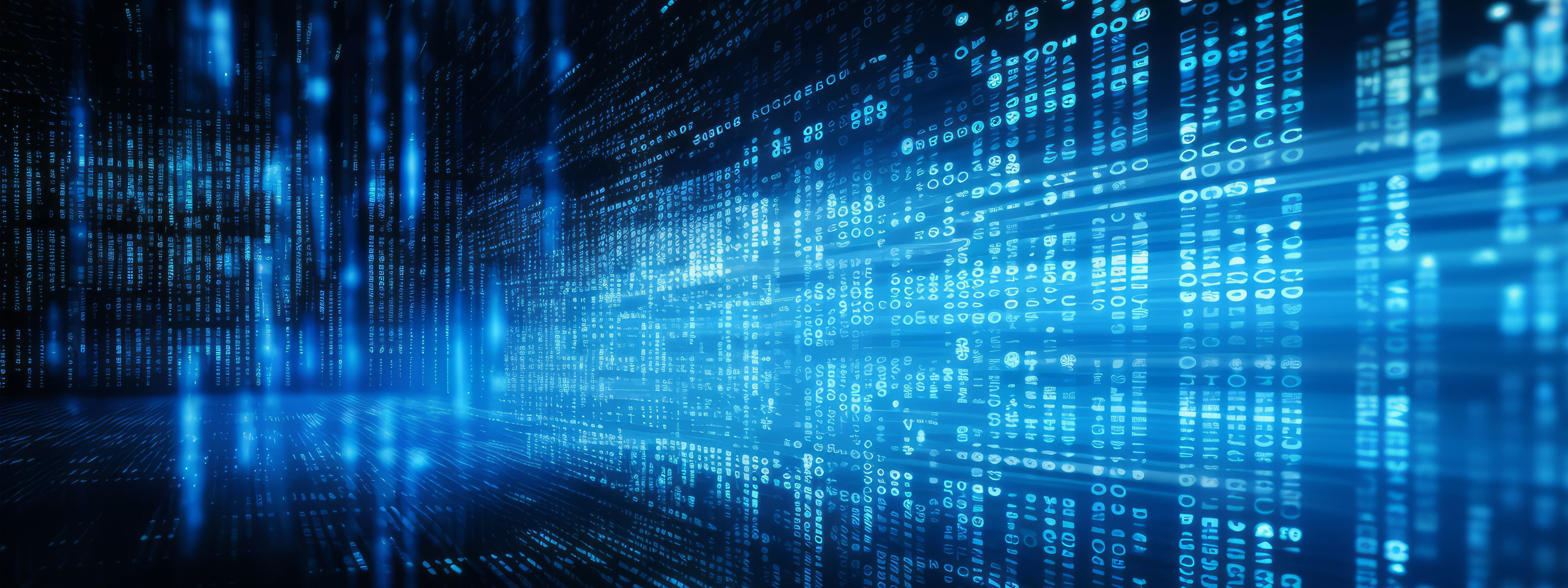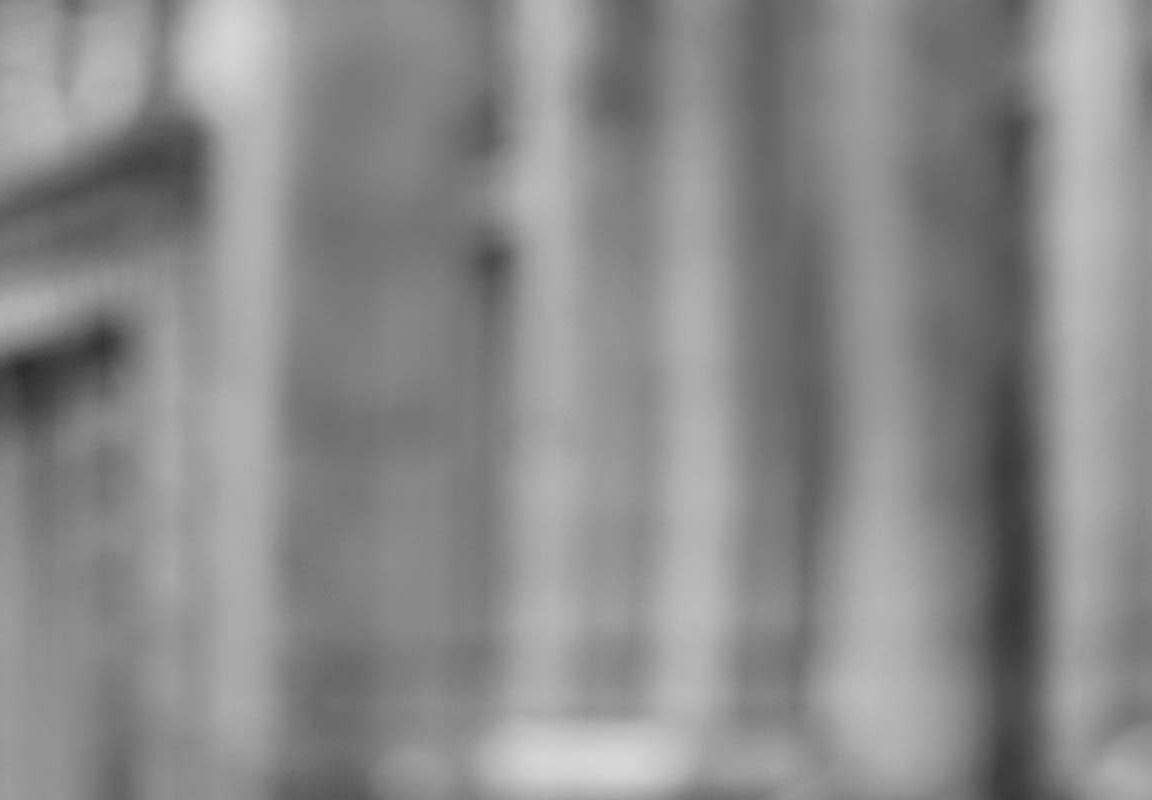
5 Practical Considerations for Users of Generative AI Tools following Thaler and Allen
5 min read
You are likely already familiar with two US recent decisions that have addressed the copyrightability of AI-generated works:
(a) On August 18, 2023, the United States District Court for the District of Columbia ruled in favor of the U.S. Copyright Office (USCO) in Thaler v. Perlmutter, D.D.C., No. 1:22-cv-01564 (Thaler Decision), confirming that a work generated by an artificial system absent human involvement is not eligible for copyright protection under US copyright law.
(b) On September 5, 2023, the USCO's Copyright Review Board (Board) affirmed the USCO's refusal to register a work containing "more than a de minimis amount of content generated by artificial intelligence" where the author refused to disclaim such AI-generated content in the registration application for such work (Allen Decision).
In this Tech Newsflash, we outline five practical considerations given these recent developments:
1. So far, humans are indispensable.
Human creators have the ability to convey a proprietary interest in what they create. If you wish to use generative AI to create content, copyright law (as it currently stands in US), provides limited protection with respect to such content. Accordingly, human authors, artists, coders and other creators still have an edge, because their creative expression, assuming it meets the basic copyright requirements, is protectable under US copyright law. When using generative AI tools, consider whether, and to what extent, you wish to rely upon copyright law (or even patent law) to protect your creations, or whether other forms of protection may be available – see point 5 below.
2. Users of generative AI should consider whether they can agree to customary IP terms.
If you are using generative AI technology within your business, including in performing services for others, consider whether you can represent and warrant ownership of AI-generated deliverables or assets, or whether you can assign or transfer ownership of such deliverables or assets. Services or license agreements typically address ownership of deliverables or licensed items, and similarly, in certain corporate transactions, targets are typically required to make representations and warranties regarding ownership of IP and technology. When using generative AI tools, you should carefully assess whether you can honor your contractual commitments. Companies also often use work made for hire constructs under the Copyright Act to acquire copyright ownership of works upon creation. However, as noted in the Thaler Decision, where the work never had valid or eligible copyright, the "work made for hire" doctrine cannot be implicated as no property rights exist to transfer in the first instance.
3. Parts of AI-assisted works may be copyrightable.
Neither the Thaler Decision nor the Allen Decision foreclose the copyrightability of AI-developed or generated works. As clarified in the USCO's Copyright Registration Guidance: Works Containing Material Generated by Artificial Intelligence (which we previously discussed), works containing AI-generated materials may be protectable where, for example, humans have selected or arranged the materials in a sufficiently creative way, or humans have modified the materials to such a degree that there is a sufficient amount of original authorship. Indeed, the USCO has granted limited copyright registration for the text and overall selection, coordination, and arrangement of written and visual elements of a comic book created in part using Midjourney's AI-powered text-to-image generator (which we also previously discussed). However, where such a work contains more than a de minimis amount of AI-generated content, per the USCO's current guidance, such content must be disclaimed in the registration application.
4. Trademark, trade secret and contractual protections may provide other avenues of protection.
In order to secure and maintain rights to AI-generated works, as creators or "owners" of such works, you may be able to seek protections under areas of law other than copyright, for example, protecting such outputs as trade secrets (likely more relevant to generative AI outputs such as code than images or media), imposing restrictions on disclosure and use of such works under contract and/or applying trademarks or establishing trademark protection (depending on how this is done, this is unlikely to protect the underlying work unless it comprises the trademark itself).
5. AI generated works may still infringe third party copyrights.
While US copyright law does not currently protect AI-generated works without human input, your creation and use of such works, and/or the training of an AI model that produces such works still may infringe a third party's copyrights. We have previously reported on ongoing, yet to be decided, class action lawsuits about the latter. Therefore, when using AI and AI-generated works, you cannot automatically assume that such outputs cannot infringe third-party IP rights. Indeed, over the last few months, various tech companies have made public commitments to indemnify certain customers for copyright infringement relating to use of their AI tools.
This area of law is still evolving. As noted in the Thaler Decision: "Undoubtedly, we are approaching new frontiers in copyright as artists put AI in their toolbox to be used in the generation of new visual and other artistic works. The increased attenuation of human creativity from the actual generation of the final work will prompt challenging questions regarding how much human input is necessary to qualify the user of an AI system as an "author" of a generated work, the scope of the protection obtained over the resultant image, how to assess the originality of AI-generated works where the systems may have been trained on unknown pre-existing works, how copyright might best be used to incentivize creative works involving AI, and more."
Shortly after the Thaler Decision, the USCO published a notice of inquiry seeking public comments by October 18, 2023, including on using copyrighted works to train AI models, levels of transparency and disclosure with respect to such use and training, the copyrightability and legal status of AI-generated outputs, and the treatment of AI-generated outputs that mimic personal attributes of human artists. Accordingly, we are undoubtedly going to have updates in this regard, so watch this space!
White & Case means the international legal practice comprising White & Case LLP, a New York State registered limited liability partnership, White & Case LLP, a limited liability partnership incorporated under English law and all other affiliated partnerships, companies and entities.
This article is prepared for the general information of interested persons. It is not, and does not attempt to be, comprehensive in nature. Due to the general nature of its content, it should not be regarded as legal advice.
© 2023 White & Case LLP


